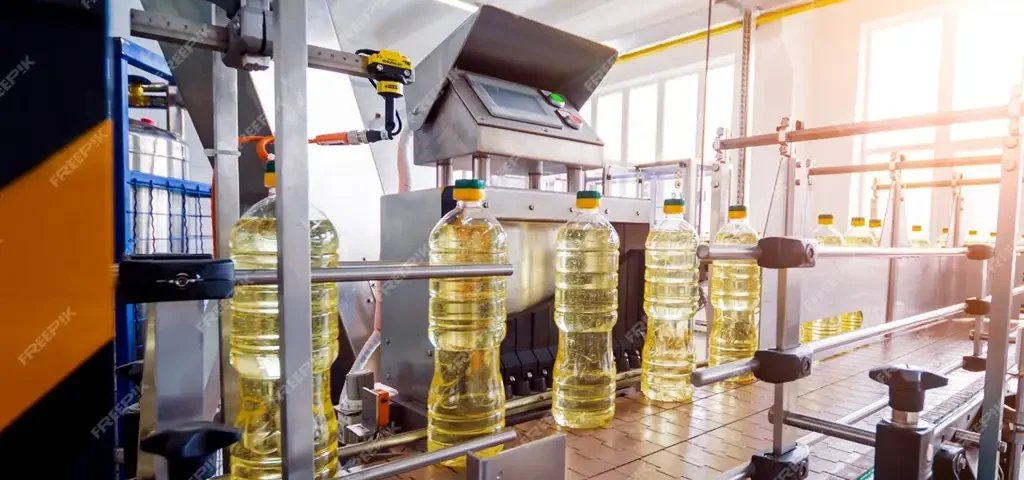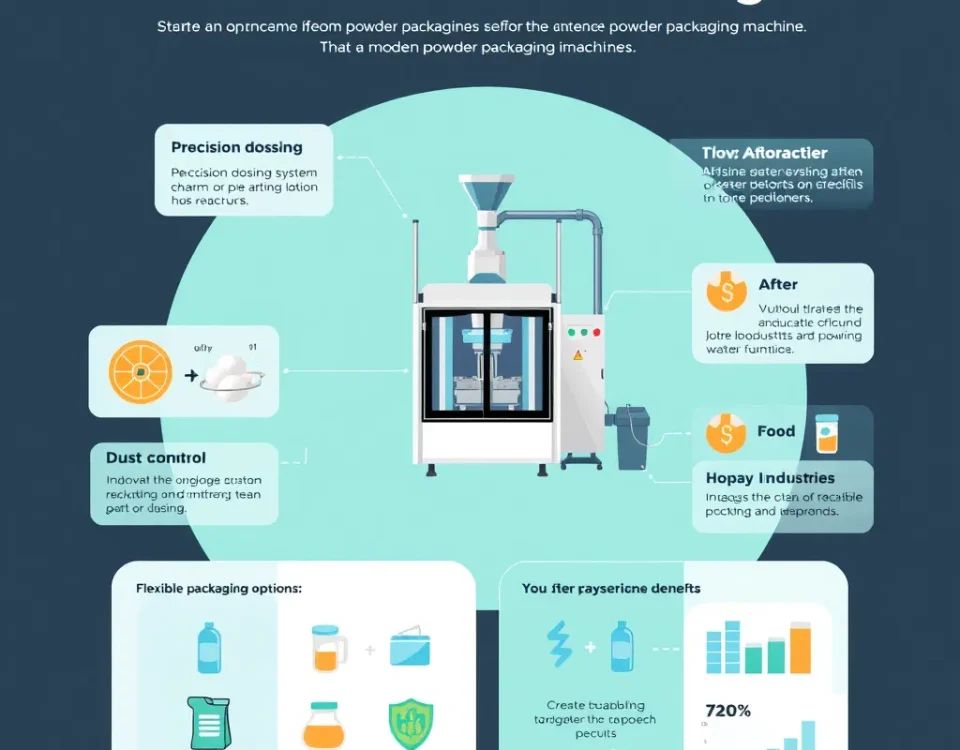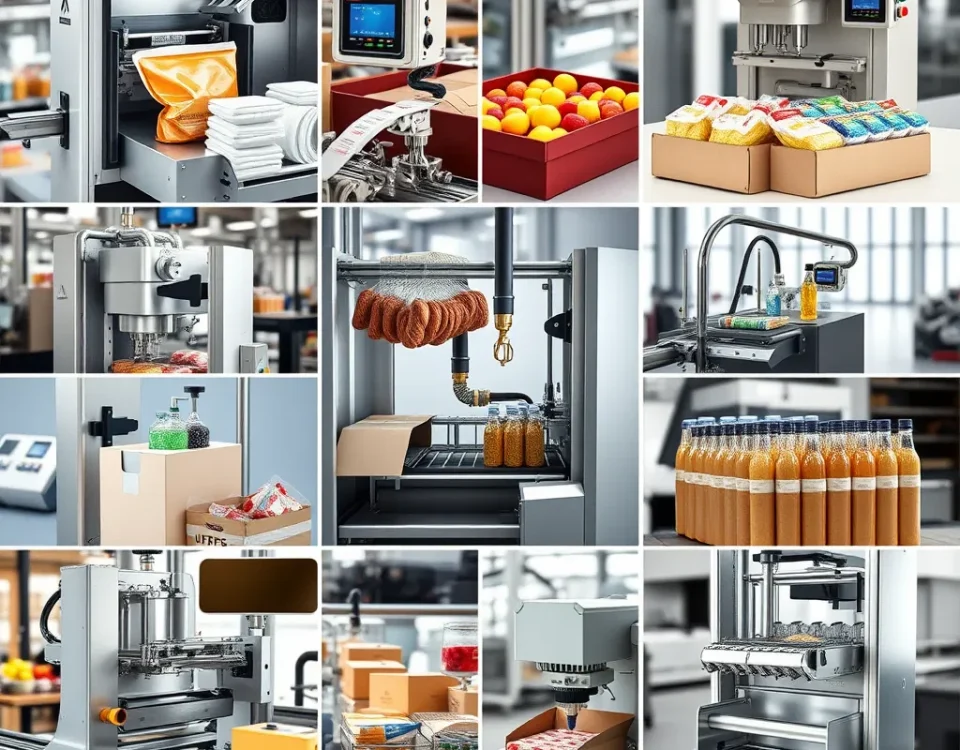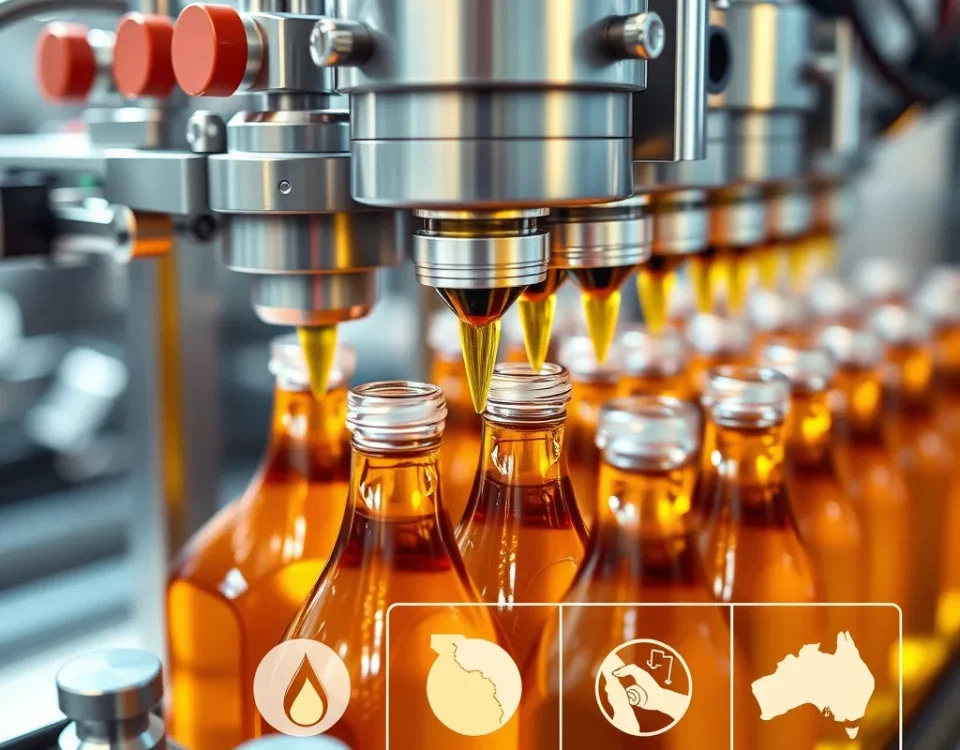
Revolutionizing Pakistan’s Packaging Industry with Efficient Oil Packing Machines
May 17, 2024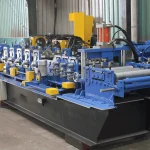
Revolutionize Construction with the Purlin Roll Former
May 21, 2024Are you in the market for a liquid packing machine to streamline your packaging operations? With the wide array of options available, selecting the right machine can be a daunting task. In this ultimate guide, we’ll explore the critical factors you need to consider to ensure you make an informed decision that aligns with your business needs and objectives.
Understanding Your Liquid Packing Requirements
Before delving into the specifics of liquid packing machines, it’s crucial to assess your business’s unique requirements. Consider the following factors:
- Product Types: Determine the liquids you need to package, such as water, juices, oils, chemicals, or pharmaceuticals. Different liquids may require specific handling and compatibility with the machine materials.
- Production Volume: Evaluate your current and projected production volumes. This will help you choose a machine with the appropriate capacity and speed to meet your demands efficiently.
- Container Types: Identify the types of containers you need to fill, such as bottles, pouches, cans, or drums. The machine should be capable of handling your preferred container materials and sizes.
- Filling Accuracy: Assess the level of precision required for your liquid filling operations. Some applications may demand higher accuracy levels to comply with industry regulations or quality standards.
Evaluating Machine Capabilities
Once you’ve defined your requirements, it’s time to explore the capabilities of different liquid packing machines. Here are some key factors to consider:
- Filling Technology: Understand the various filling technologies available, such as gravity filling, vacuum filling, or pressure filling. Each technology has its advantages and is better suited for specific liquid types and application requirements.
- Automation Level: Determine the level of automation you require. Fully automated machines offer higher production rates and consistency, while semi-automatic options may be more cost-effective for smaller operations.
- Cleaning and Maintenance: Evaluate the ease of cleaning and maintenance for different machines. Consider factors like accessibility to internal components, compatibility with cleaning solutions, and the availability of spare parts.
- Integration Capabilities: If you have an existing production line, assess the machine’s ability to integrate seamlessly with your current systems, such as conveyor belts, labeling machines, or capping equipment.
Industry-Specific Considerations
Certain industries have specific requirements and regulations that must be taken into account when purchasing a liquid packing machine. Here are some key considerations:
- Food and Beverage Industry: Machines used in this industry must meet strict hygiene and safety standards. Look for features like stainless steel construction, cleanroom compatibility, and compliance with relevant food safety regulations.
- Pharmaceutical Industry: Liquid packing machines for pharmaceuticals must adhere to stringent quality control and validation requirements. Consider machines with advanced features like in-line checkweighers, serialization capabilities, and compliance with Good Manufacturing Practices (GMP).
- Chemical Industry: Chemicals may require specialized handling and compatibility with specific materials. Evaluate machines with corrosion-resistant components, explosion-proof designs, and adherence to relevant safety standards.
Vendor Evaluation and Support
In addition to the machine itself, it’s crucial to consider the vendor’s reputation, expertise, and support services. Look for the following:
- Industry Experience: Prioritize vendors with a proven track record in the liquid packaging industry. Their expertise can provide valuable insights and recommendations tailored to your specific needs.
- Customer Support: Reliable customer support is essential for troubleshooting, maintenance, and training. Evaluate the vendor’s responsiveness, availability of technical support, and proximity to your location for timely assistance.
- Training and Documentation: Inquire about the training programs offered by the vendor to ensure your team is well-equipped to operate and maintain the machine effectively. Clear and comprehensive documentation should also be provided.
- Warranties and Maintenance Contracts: Review the warranties and maintenance contracts offered by the vendor. These can provide peace of mind and protect your investment in the long run.
Frequently Asked Questions (FAQs)
- How do I determine the right production capacity for my liquid packing machine? Consider your current production volume, projected growth, and any potential seasonal fluctuations in demand. It’s generally advisable to choose a machine with a slightly higher capacity than your current needs to accommodate future growth.
- Can liquid packing machines handle different container materials and sizes? Yes, many liquid packing machines are designed to accommodate various container materials, such as glass, plastic, or metal, and a range of sizes. However, it’s essential to verify the machine’s compatibility with your specific containers during the selection process.
- What are the benefits of choosing a fully automated liquid packing machine? Fully automated machines offer higher production rates, improved consistency, and reduced labor requirements. They are particularly beneficial for high-volume operations or when packaging liquids with stringent accuracy requirements.
- How important is the machine’s cleanability and ease of maintenance? Cleanability and ease of maintenance are crucial factors, especially in industries with strict hygiene and safety regulations. Machines with good accessibility to internal components and compatibility with cleaning solutions can reduce downtime and ensure consistent product quality.
- What should I consider when evaluating the vendor’s customer support and training? Look for vendors with responsive and knowledgeable support teams, comprehensive training programs, and clear documentation. On-site training and assistance during installation and commissioning can also be valuable.
- How do I ensure the liquid packing machine complies with relevant industry regulations? Consult with the vendor and review the machine’s specifications and certifications to ensure compliance with regulations specific to your industry, such as food safety standards, GMP requirements, or environmental regulations.
- Can liquid packing machines be integrated with other equipment in my production line? Many modern liquid packing machines are designed with integration capabilities, allowing them to seamlessly connect with conveyor systems, labeling machines, or other packaging equipment. However, it’s essential to verify compatibility and potential integration requirements during the selection process.
- What factors should I consider regarding the machine’s energy efficiency and environmental impact? Look for machines with energy-efficient components and eco-friendly features, such as reduced water and energy consumption, minimal waste generation, and the use of sustainable materials. These factors can contribute to cost savings and a smaller environmental footprint.
- How do I evaluate the long-term cost of ownership for a liquid packing machine? Consider not only the initial investment but also ongoing costs such as maintenance, consumables, utilities, and potential downtime. A higher upfront cost may be justified if the machine offers better reliability, efficiency, and lower operational expenses in the long run.
- Can the vendor provide references or case studies from similar businesses? Requesting references or case studies from the vendor can provide valuable insights into the machine’s performance, the vendor’s customer service, and the overall experience of other businesses in your industry.

